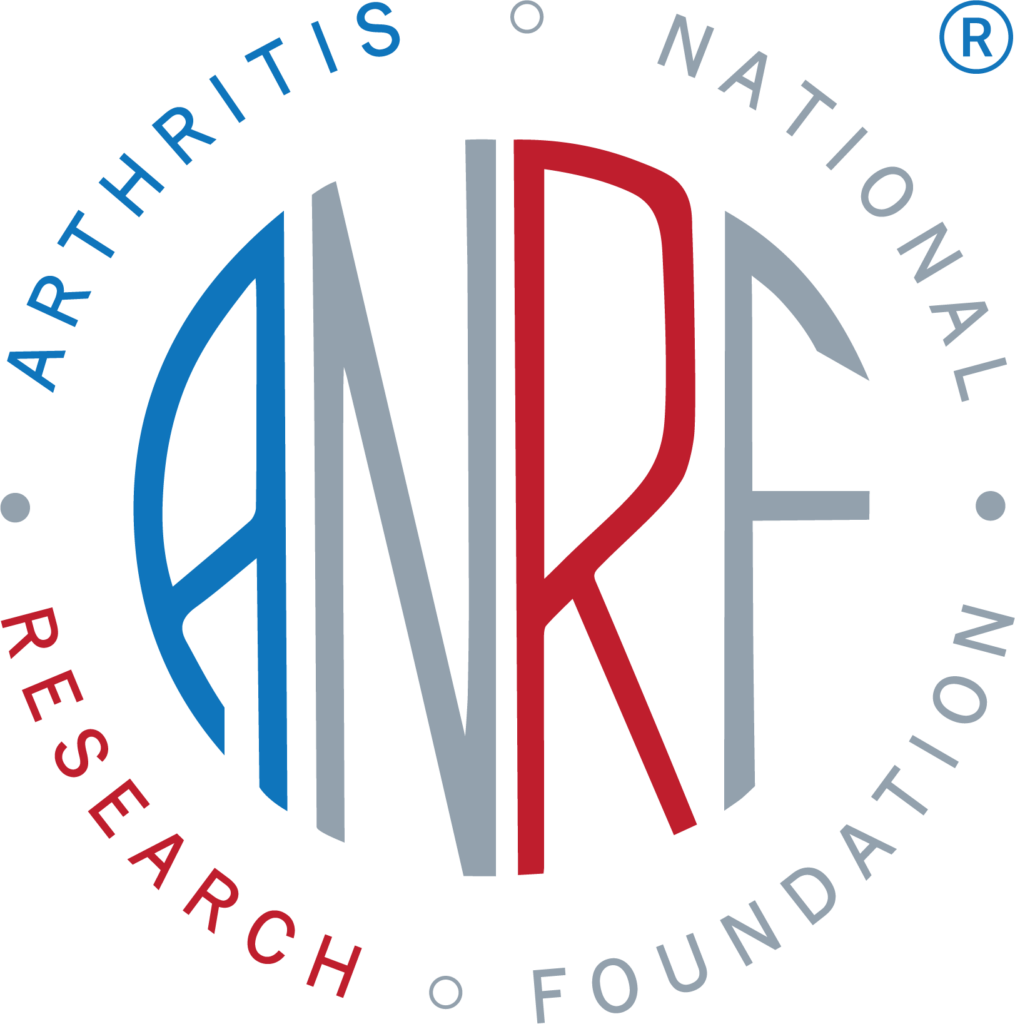 Dr. Christian Jacome-Galarza is a research fellow in the Department of Orthopedics at Brigham and Women’s Hospital in Boston. As an avid sportsman, enjoying activities such as hiking, skiing and soccer, he understands the devastation that diseases that limit physical ability can have. Through research such as his own, it is hoped that the damage caused by diseases such as arthritis can be halted or completely prevented, giving patients the ability to embrace a more active lifestyle.
Dr. Christian Jacome-Galarza is a research fellow in the Department of Orthopedics at Brigham and Women’s Hospital in Boston. As an avid sportsman, enjoying activities such as hiking, skiing and soccer, he understands the devastation that diseases that limit physical ability can have. Through research such as his own, it is hoped that the damage caused by diseases such as arthritis can be halted or completely prevented, giving patients the ability to embrace a more active lifestyle.
Osteoclasts (OC) along with osteoblasts form part of a partnership of cells responsible for balancing our bone remodeling. Osteoclasts breakdown bone whilst osteoblasts rebuild it. OCs develop in the bone marrow and are usually found in the pits in the bone surface. In patients with inflammatory arthritis OCs appear in joints, an anatomical site in which they do not normally occur. Their presence contributing to damage in the joint. Currently not all patients treated with available therapeutics prevent this damage. Dr Jacome-Galarza planned on using his ANRF grant to fund research which looked at how OCs are formed, genetic factors that induce their activation and how they cause tissue destruction. The research specifically looked at OC precursor cells, known as macrophages and monocytes, that under certain conditions give rise to OCs and how they form OCs in the inflamed joints. The research began to address what makes OCs in arthritic joints different to normal OCs. The aim being to highlight mechanisms offer novel treatment targets thus preventing joint erosion.
Dr Jacome-Galarza discovered that osteoclasts originated from two distinct progenitor cells in inflammatory arthritis, suggesting alternative pathways of activation during osteoclast formation that regulate bone and cartilage destruction. In addition to these findings, Dr Jacome-Galarza discovered that macrophages also derived from two different cellular origins, i.e. embryonic progenitors and bone marrow derived progenitors. He found that both populations of macrophages are present in the inflamed synovium in arthritis, and he is currently isolating these distinct macrophages populations to study the transcriptional regulatory mechanisms that determine their function.
Dr Jacome-Galarza’s first year of research showed great promise in achieving the above-mentioned objectives and as such we look forward to seeing even progress now that he has been awarded a second year of funding by the ANRF. During his second year his research will focus on investigating the identity of the progenitors responsible for the activation of this alternative pathway and the precise mechanisms that control their differentiation into osteoclasts. He will also try to determine the functional heterogeneity of macrophages in inflammatory arthritis.




